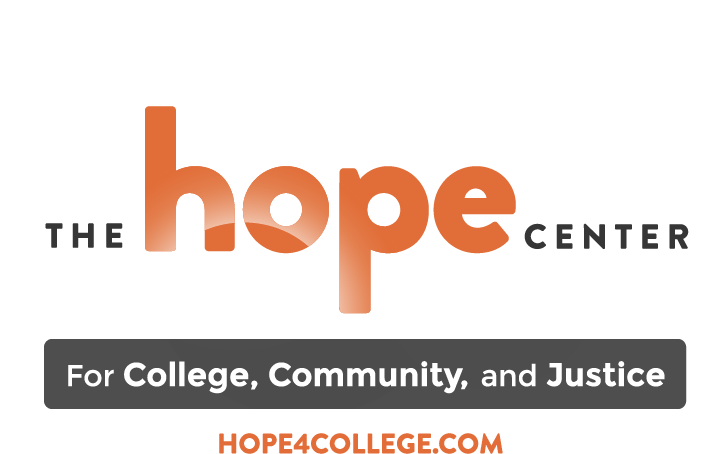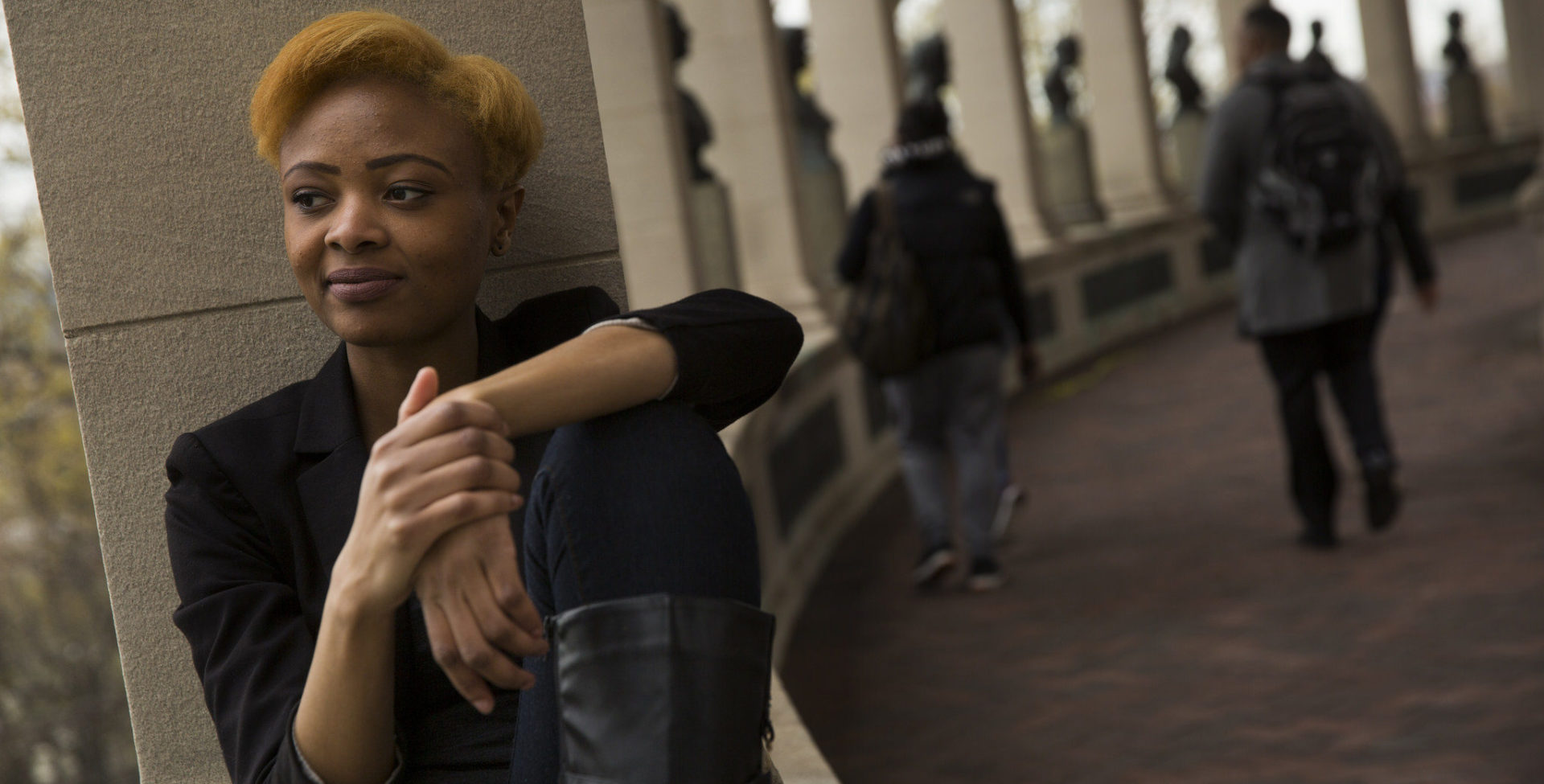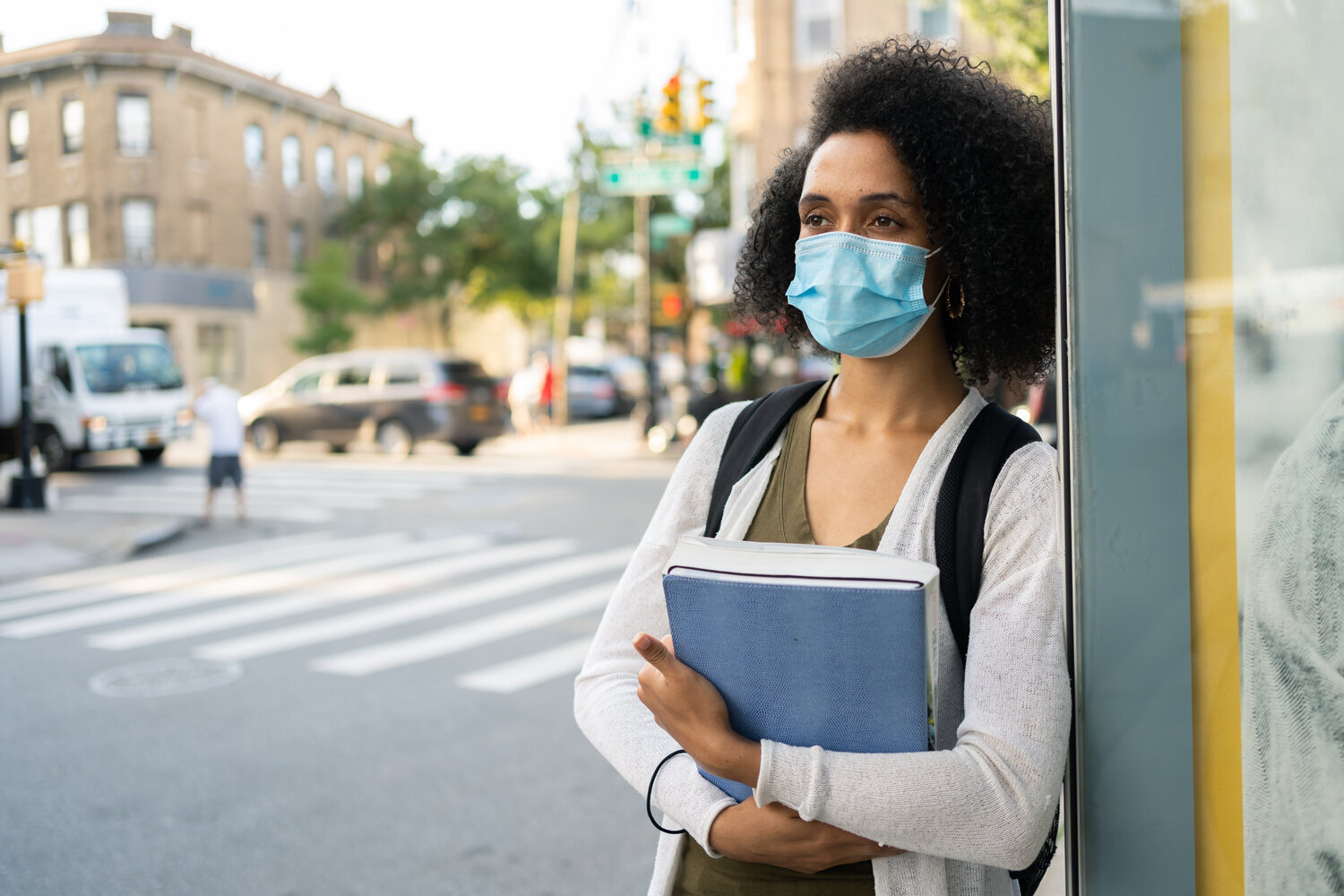We’re Announcing Our First Cohort!
Click here to learn more.
The COVID-19 pandemic highlighted the critical role colleges play in meeting the basic needs of vulnerable students, from food to shelter to safety. It created a call to action to break through the bureaucratic silos dividing colleges from other social support systems that must work together to support our students. The #RealCollege™ Institutional Capacity–Building Cohort will increase the organizational and programmatic capacity of colleges and universities so that they can strengthen and build integrated and collaborative ecosystems to meet students’ basic needs and promote academic success.
To download the ICBC information as a PDF, click here.
Please email [email protected] with any ICBC questions.
THE ICBC APPLICATION IS NOW CLOSED
If you are looking for other opportunities to collaborate with The Hope Center, click here for an overview of all of the technical assistance opportunities Hope is offering in 2021. You can also find more information about our coalition work, including #RealCollege™ PHL, #RealCollege™ California, and #RealCollege™ Texas.
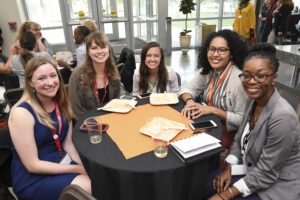
The Hope Center's #RealCollege Survey is the nation’s largest and longest-standing rigorous assessment of students’ basic needs. It offers colleges and universities an up-close look at often invisible challenges facing their students, fueling critical insights into what it will take to address key values such as diversity, equity, and inclusion. We created the survey to inspire colleges and universities to examine and address students' basic needs. That mission is more critical than ever as institutions and students struggle to survive and thrive, maintaining a connection to higher education despite a recession and public health crisis.
That is why The Hope Center is pleased to offer the inaugural #RealCollege Institutional Capacity–Building Cohort (ICBC) in fall 2021! We will place our #RealCollege Survey on hiatus this year to focus on this effort to support our partners in meaningful engagement.
Members of the ICBC will learn how to assess, analyze, and address students’ experiences with basic needs security following the #RealCollege Theory of Change. Membership in the ICBC is by application only, and broad and open-access and Minority-Serving institutions will receive priority.
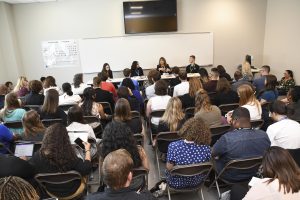
As an ICBC member your institution will develop innovative solutions to complex problems, empower your leaders to impact organizational change, and build connections with other colleges committed to supporting students’ basic needs.
Join The Hope Center team as we collaboratively:
- Assess and analyze students’ basic needs security and experiences with the new economics of college.
- Examine current basic needs programming to determine its equitable impact and identify routes for improvement.
- Build a cross-functional leadership team to address students’ basic needs and establish a basic needs ecosystem for support.
- Identify ways to resource and sustain that basic needs ecosystem.
- Drive policy change for #RealCollege students at the state and federal levels.
ICBC members will work closely with Hope Center leaders, including:
- Sara Goldrick-Rab, President and Founder
- Christine Baker-Smith, Executive Director
- Dr. Idrisa Abdul-Hamid, Senior Director of Operations and Finance
- Vanessa Coca, Director of Research
- Paula Umaña, Director of Institutional Transformation
- Mark Huelsman, Policy Fellow
- Chloe McKenzie, Research Fellow
Membership
ICBC members must identify 5-7 representatives, which should be a combination of administrators, staff, faculty, and student members. Every team should include:
- A member of the senior institutional leadership team
- Director of Institutional Research
- Faculty member
- Undergraduate student with lived #RealCollege experience
Activities
ICBC members must commit to active participation in the program, which runs from September 2021 through May 2022. Not every member of your institutional team needs to attend all mandatory meetings. However, your institution must be represented by at least three members of your team at every mandatory meeting.
The Assessment activities involve surveying students and conducting focus groups. The Institutional Research office should lead that work, which could be integrated into ongoing/existing activities. The exact timing of the assessment is flexible, but it must occur at least once in fall and once in spring. We hope that some members will do it twice in fall and twice in spring if possible. ICBC members are required to share aggregate results with The Hope Center. Also, all ICBC members will join the ICBC Slack Channel to support ongoing communication and learning throughout the year. This is where group discussions and additional asynchronous learning will take place.
The program includes both synchronous and asynchronous activities; some are mandatory, and some are optional.
*All mandatory sessions are in bold. Dates and times for optional and asynchronous sessions are forthcoming.
| ICBC Summary Timeline | |||
|---|---|---|---|
| September - October 2021 |
Welcome and Orientation to the ICBC | Synchronous | September 9, 3 - 4:30 pm E.T. |
| #RealCollege Assessment and Analysis Using Surveys and Focus Groups | Synchronous | September 21, 2:30 - 5 pm E.T. | |
| Assessment Session 1: Practice assessing students and analyzing data | Asynchronous | ||
| Coaching: Troubleshooting Assessment | |||
| Work on Fall Institutional Basic Needs Assessment | -- | October 1- November 15 | |
| November 2021 | Coaching: Discuss Fall Assessment | November, times to be scheduled | |
| Complete Fall Institutional Basic Needs Assessment | -- | Due November 15 | |
| December 2021 | Forming and Supporting a Basic Needs Ecosystem | Synchronous | December 9, 2:30 - 5 pm E.T. |
| Assessment Session 2: Practice assessing students and analyzing data | Asynchronous | ||
| Coaching: Ecosystem Development | |||
| January - February 2022 | Share Fall Assessment Results | -- | January 2022 |
| Driving State and Federal Policy Change | Synchronous | February 15, 2:30 - 5 pm E.T. | |
| Improving Public Benefits Utilization on Campus | Asynchronous | ||
| Improving Emergency Aid Utilization on Campus | Asynchronous | ||
| Coaching: Ecosystem Development | |||
| Work on Spring Institutional Basic Needs Assessment | -- | February 15 - March 31 | |
| March - April 2022 | Assessment Session 3: Practice assessing students and analyzing data | Asynchronous | |
| Complete Spring Institutional Basic Needs Assessment | -- | Due March 31 | |
| Coaching: Discuss Spring Assessment | April, times to be scheduled | ||
| May 2022 | Sustaining a Basic Needs Ecosystem | Synchronous | May 10, 2:30 - 5 pm E.T. |
| Coaching: Ecosystem Sustainability | |||
| Assessment Session 4: Practice assessing students and analyzing data | Asynchronous | ||
| Final meeting | Synchronous | May 26, 3 - 4:30 pm E.T. | |
| June 2022 | Share Spring Assessment Results | -- | June 2022 |
